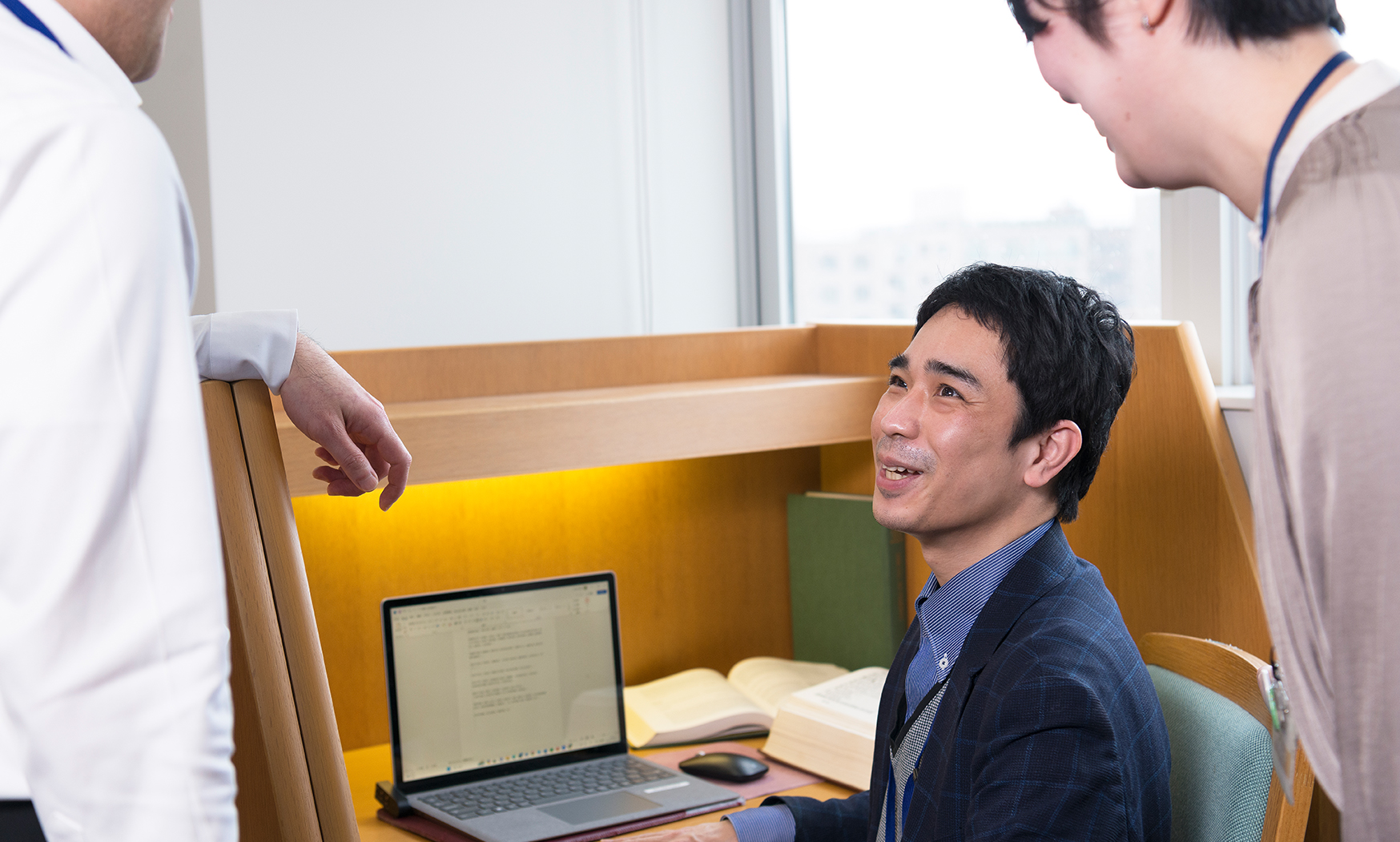- TOP >
- Next Generation Program
Next Generation Program

What is Tōyō Gaku (東洋学) and how do we learn about Asia
Tōyō Gaku, which was in an earlier day referred to in English as “Oriental Studies” but is now referred to as “Asian Studies,” is the study of the cultures and histories of Asia. On this page we will explain the various Toyo Bunko programs and initiatives to support the next generation of scholars in developing knowledge and skills in Asian Studies.
A Message from the Director of Research at Toyo Bunko
Toyo Bunko has established a number of initiatives and programs to support younger scholars who wish to develop the capacity to use original sources and historical materials to study various regions of Asia. Young scholars who are entering this field require a wide-range of skills including not only knowledge in Asian Studies, but also skills in reading materials and analyzing materials in the specific areas of their research, but also knowledge and skills in information science and the use of data bases. Through encouragement of participation in international academic conferences and short and long-term programs for overseas reserch, we hope to contribute to the development of the skills and knowledge of individual young researchers. We strongly encourage young researchers to participate in programs to develop their skills using materials available in Japan as well as overseas, and to work together in collaboration with scholars from Japan and other countries.
-
Reference Materials on Support for Younger Scholars
The Toyo Bunko aims to benefit researchers around the world in the future by continuing and developing the tradition of Oriental studies accumulated over the past 100 years through fostering young researchers, and to return the wisdom of humanity nurtured in Asia to the public at large. Therefore, through various efforts, we support young researchers so that they can carry out their research activities on their own initiative.
-
Reference Materials on International Exchange
The Toyo Bunko has concluded academic exchange agreements with overseas research institutions, including the Institut de Recherche et d'Etudes Far East in France, Academia Sinica in Taiwan, Harvard-Enchin Institute in the United States, SOAS Library at the University of London, St. Anne College at Oxford University, and the Max Planck Institute in Germany, to facilitate the exchange of materials information and mutual visits by researchers on an ongoing basis.
